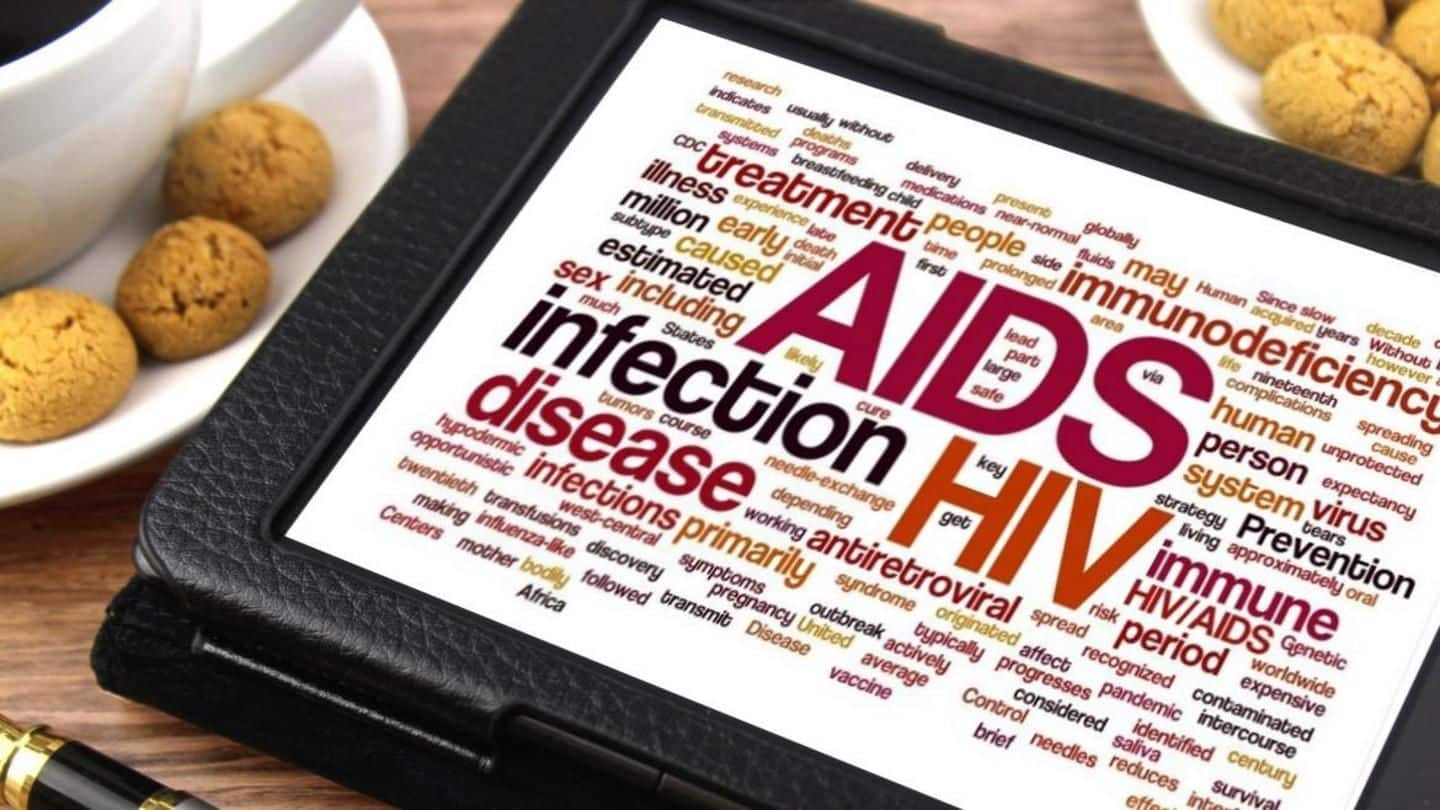
India sees major reductions in HIV infections: UN report
What's the story
Sustained and focused efforts to reach key populations have led to major reductions in HIV infections in Cambodia, India, Myanmar, Thailand and Vietnam during 2010-17, stated a UNAIDS report titled 'Miles to go closing gaps, breaking barriers, fighting injustices'. The report, however, warned that the global new HIV infections weren't declining fast enough and epidemics were expanding in Pakistan and Philippines.
Data
New HIV infection cases dropped from 1.2L to 88,000
In India, new HIV infections dropped from 120,000 in 2010 to 88,000 in 2017, AIDS-related deaths from 160,000 to 69,000, and people living with HIV from 2,300,000 to 2,100,000, the report said, adding that India has an approved social protection policy that is being implemented.
Decriminalizing sex work
Report underscored the health benefits of decriminalizing sex work
Successive surveys in Cambodia, India, Thailand, and Vietnam also indicate that attitudes towards people living with HIV have improved, creating safer working conditions for sex workers. Underscoring the public health benefits of decriminalizing sex work, the survey found that countries that had decriminalized at least some aspects of it have fewer sex workers living with HIV than countries that criminalize all aspects.
Decrease in HIV infections
Decriminalization of sex work could avert 33-46% of HIV infections
Modeling based on data from Canada, India and Kenya indicates that decriminalization of sex work could avert 33-46% of HIV infections over a decade. The report cited the example of Karnataka, where advocacy work with senior police officials, sensitization workshops and the inclusion of HIV and human rights topics in pre-service curricula shrank the arrest of sex workers to 20% from the earlier 50%.
Information
Avahan program, a sterling example to reduce HIV
Referring to the initiative sponsored by Bill & Melinda Gates Foundation to reduce the spread of HIV in India, the report said the Avahan program remained a "sterling example" of the impact of combining condom-programming with community empowerment that tackle stigma and unsafe working environments.
Global new HIV infections
Global new HIV infections were not declining fast enough: Report
UNAIDS, however, warned that the global response to HIV is at a precarious point. Global new HIV infections have declined by just 18% in past 7-years, from 2.2mn in 2010 to 1.8mn in 2017, the report said, adding the decline isn't quick enough to reach the target of fewer than 500,000 by 2020. In 2017, around 36.9mn people were living with HIV, it said.
Sexual partners
Sexual partners account for 47% of new HIV infections
Key populations and their sexual partners account for 47% of new HIV infections worldwide and 97% of new HIV infections in eastern Europe and central Asia, where one-third of new HIV-infections are among people who inject drugs. "Sex workers, gay men and other men who have sex with men, prisoners, migrants, refugees are more affected by HIV," Michel Sidibe, Executive Director of UNAIDS said.